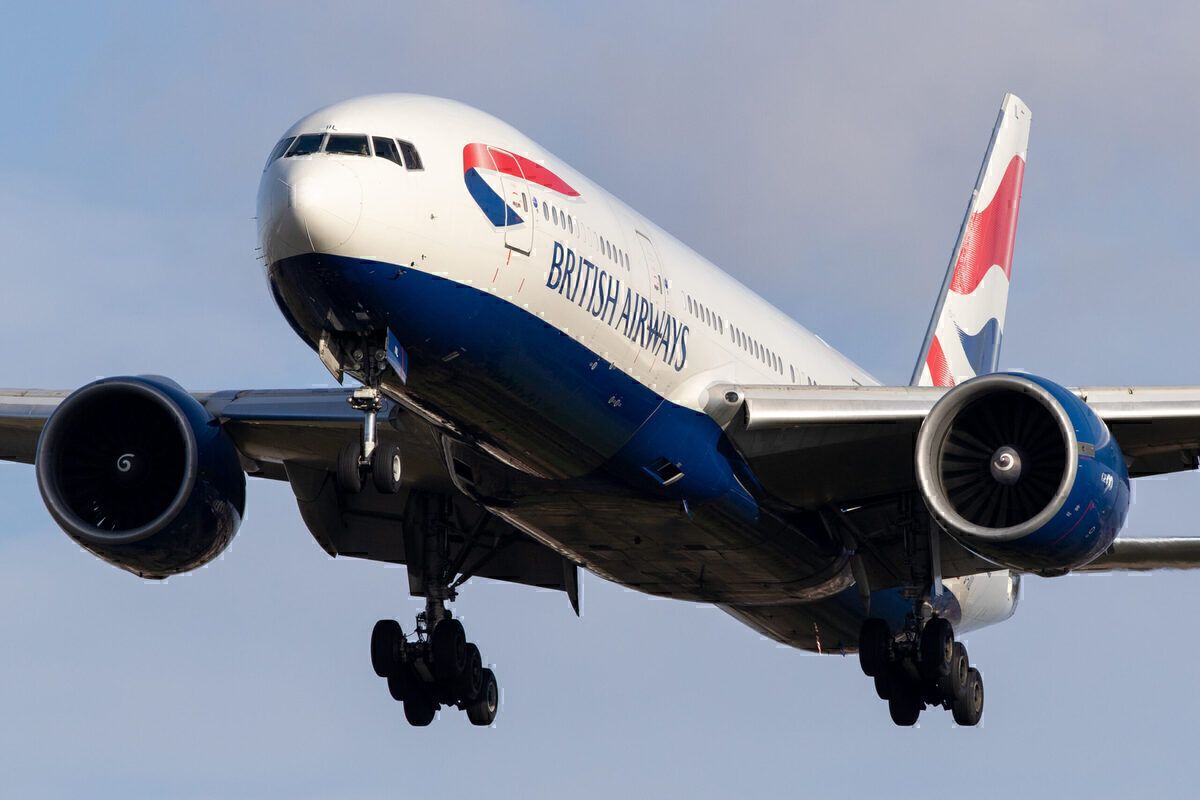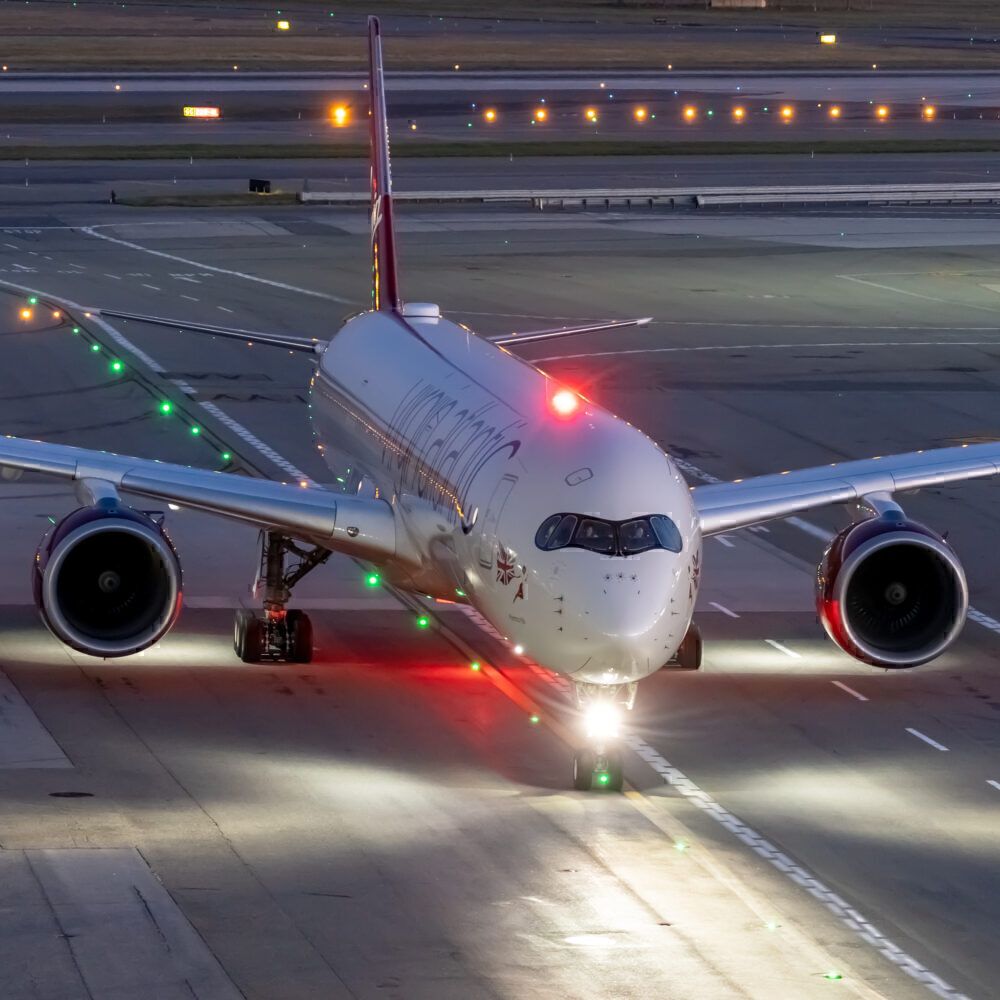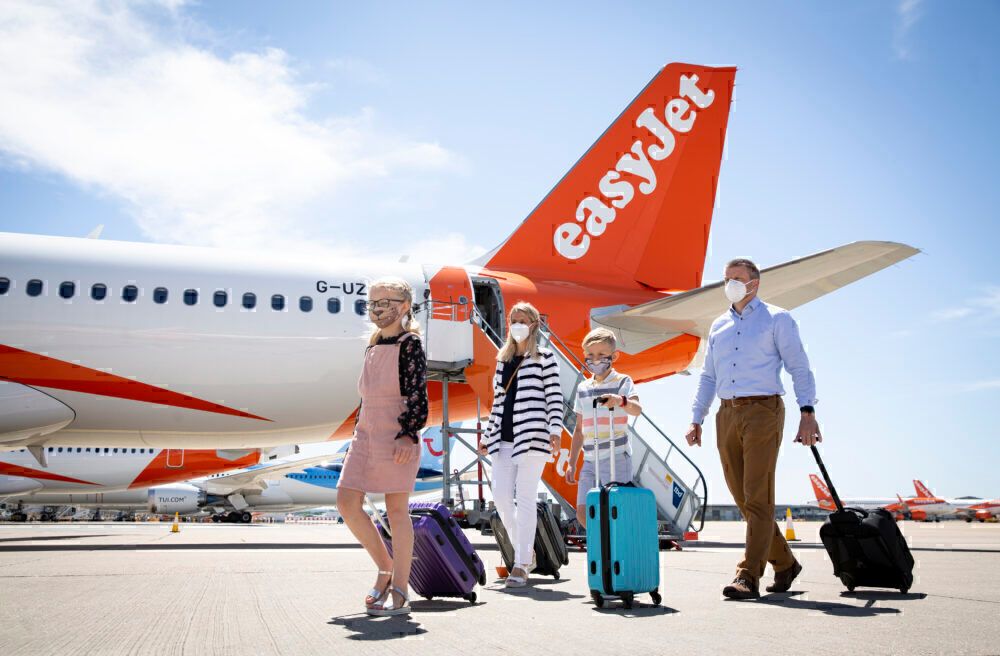UK Prime Minister Boris Johnson has today confirmed that travelers from certain countries will be required to quarantine in government-provided accommodation for 10 days. During Prime Minister’s Questions today, Johnson noted that 22 ‘red list’ countries would be affected, with arrivals escorted to a hotel or similar for isolation.
10-day hotel-based quarantine for arrivals from ‘red list’ countries
Today, the UK Prime Minister Boris Johnson confirmed that there will be mandatory hotel quarantine imposed on travelers arriving from so-called ‘red list’ countries. Travelers from these countries are, in general, refused entry. But those who ‘cannot’ be refused entry, Johnson said, would be ‘met at the border’ and escorted directly to a government-mandated quarantine facility.
The current government red list comprises a total of 33 countries, including South Africa, Portugal, and South American countries. During Prime Minister’s Questions today, Johnson said that,
"And in order to reduce the risk posed by UK nationals and residents returning home from these countries, I can announce that we will require all such arrivals who cannot be refused entry to isolate in Government provided accommodation, such as hotels, for 10 days without exception."
While the UK government didn't specify the countries on its red list, the Independent has subsequently defined a list. It includes:
- Angola
- Argentina
- Bolivia
- Botswana
- Brazil
- Cape Verde
- Chile
- Colombia
- Democratic Republic of Congo
- Ecuador
- Eswatini
- French Guiana
- Guyana
- Lesotho
- Malawi
- Mauritius
- Mozambique
- Namibia
- Panama
- Paraguay
- Peru
- Portugal (including Madeira and the Azores)
- Seychelles
- South Africa
- Suriname
- Tanzania
- Uruguay
- Venezuela
- Zambia
- Zimbabwe
The move was widely anticipated, although many believed this was an action that should have been taken long ago. Labor is calling for a blanket ban on all travel until the virus is under control, but for now, that appears to be a step too far.
Johnson further stated that leaving home to travel for leisure is ‘illegal’ and stressed that the UK would be enforcing this at airports and at ports. He stated that travelers would be met and questioned on their reasons for travel and refused the right to depart unless they had a valid exemption from the rules.
Stay informed: Sign up for our daily aviation news digest.
Fury from the aviation industry
For the already struggling aviation industry, implementing mandatory hotel quarantine is yet another blow in what is by far the most difficult year in their history. As reported in the Independent today, bosses from Britain’s biggest airlines have issued a letter to the Prime Minister demanding more direction on how travel will restart.
The signatories to the letter included Sean Doyle, CEO of British Airways; Shai Weiss, CEO of Virgin Atlantic; and Johan Lundgren, CEO of easyJet. In the letter, the airline chiefs stated,
“What is clear is the dramatic impact that restrictions – both current and should hotel quarantine be introduced – will continue to have both on UK airlines, and the wider UK economy.
“It is essential that a clear set of conditions are agreed allowing for the easing of all travel restrictions. This roadmap is vital for retaining consumer confidence and securing the future of UK aviation as we approach the critical summer trading period.
“UK airlines cannot survive a second summer season without meaningful revenue.
“Each day the UK is isolated from the world [is] causing untold economic damage, both to the UK’s essential aviation infrastructure – its airlines, airports and ground handlers - but also to those businesses that depend on the UK’s connectivity within a global economy.”
The UK government has been one of the least generous in providing support to its aviation industry. A limited number of small bailout loans have been issued, along with employee support under the payroll guarantee program. For UK airlines, the need for clear guidance on the summer season can’t come soon enough, along with the financial help they so desperately need.



